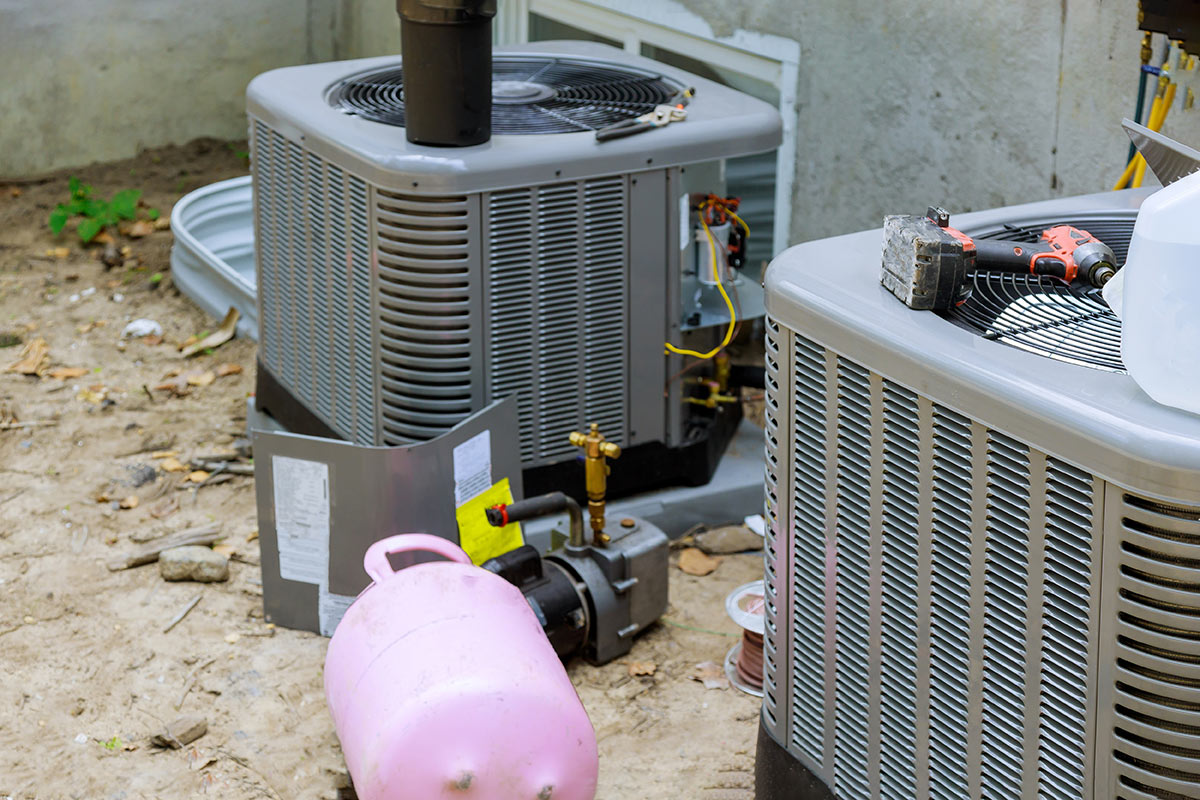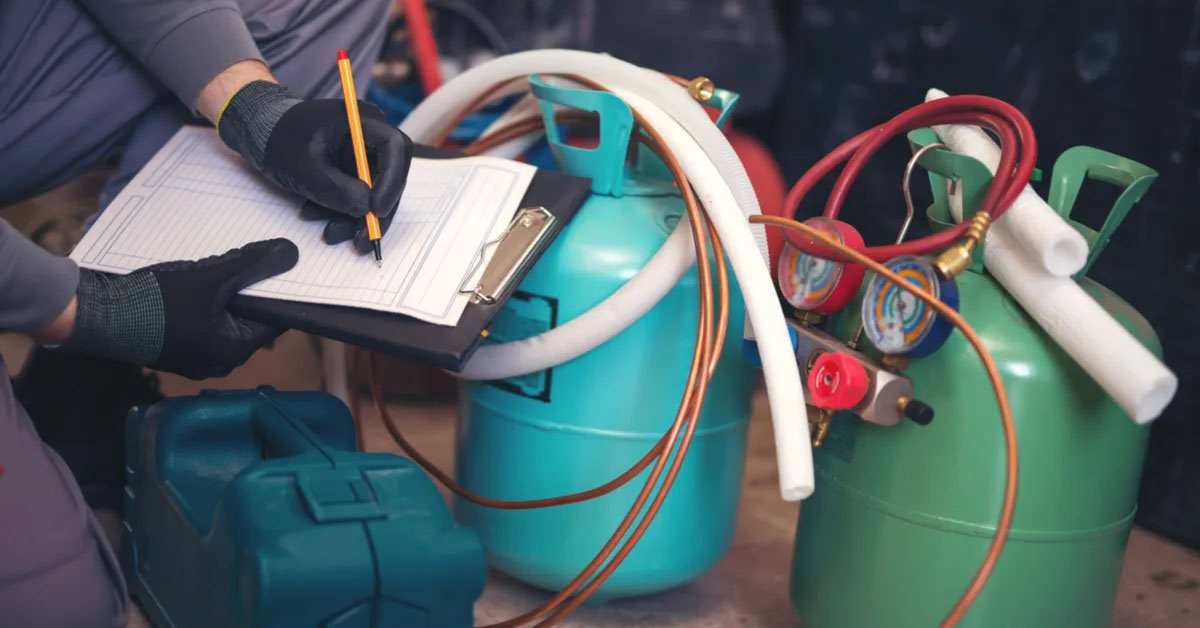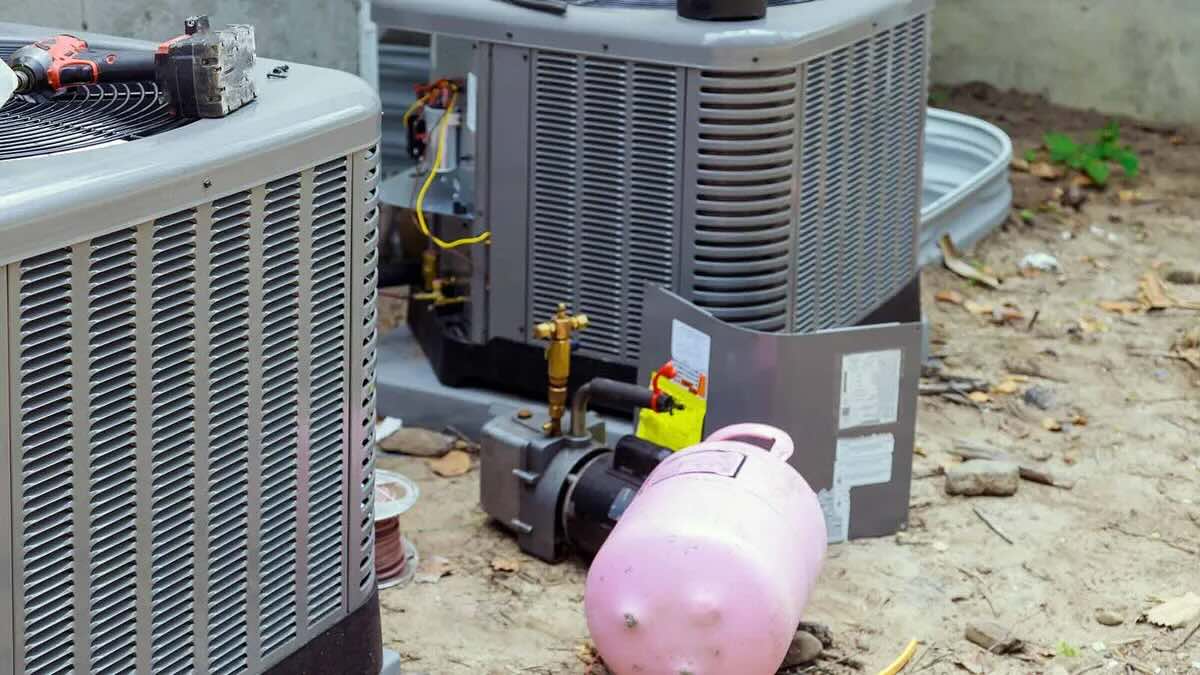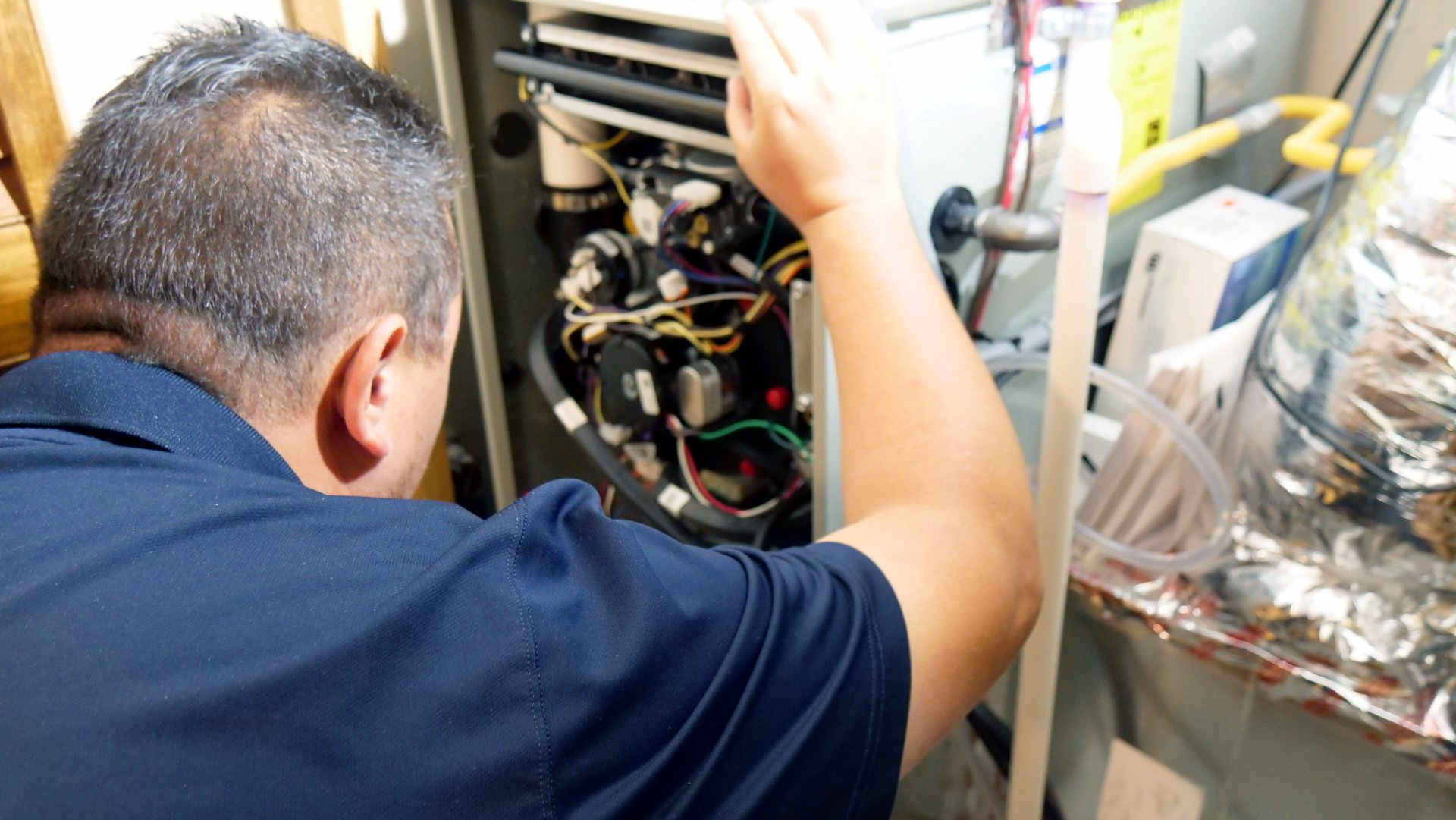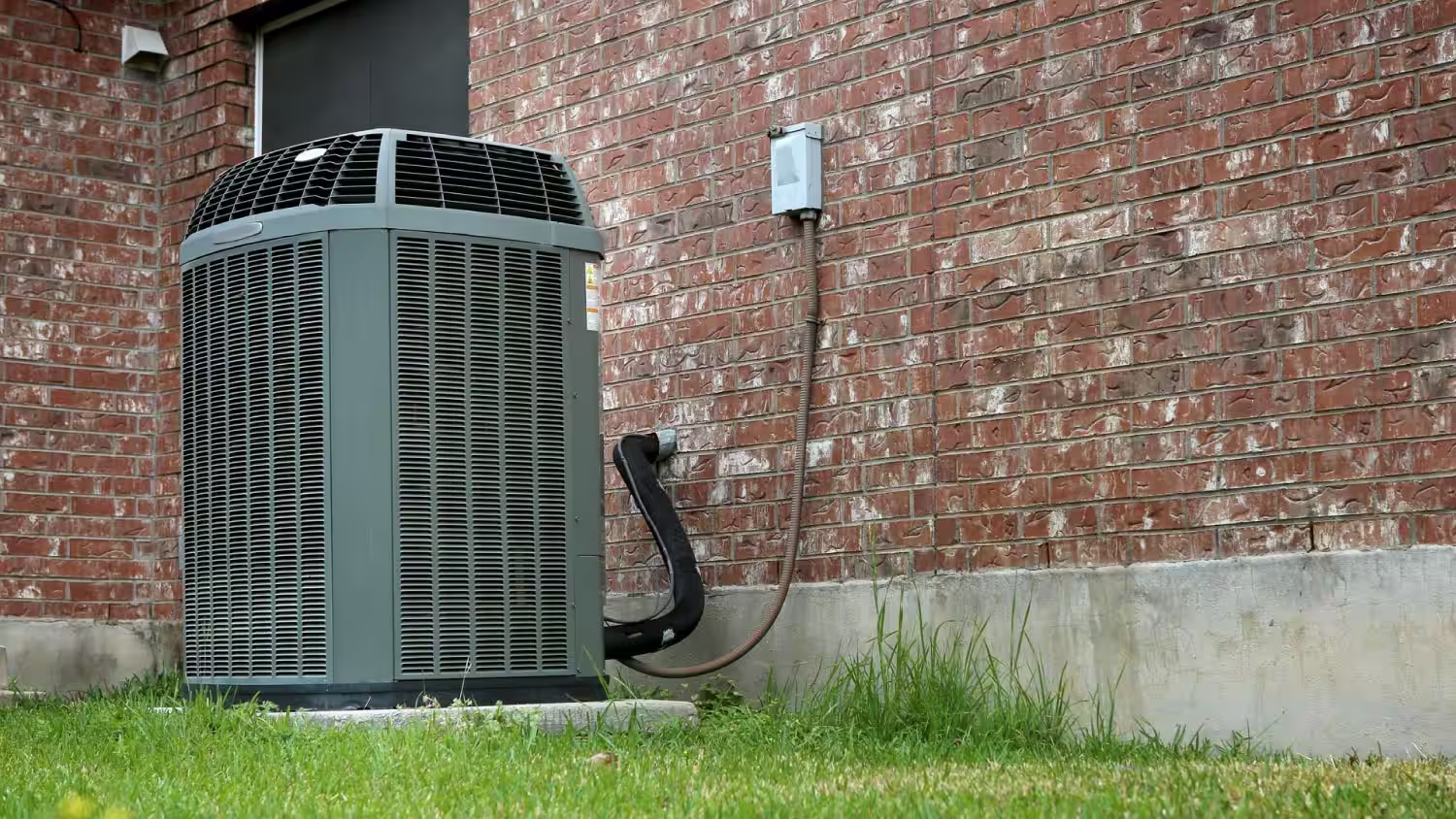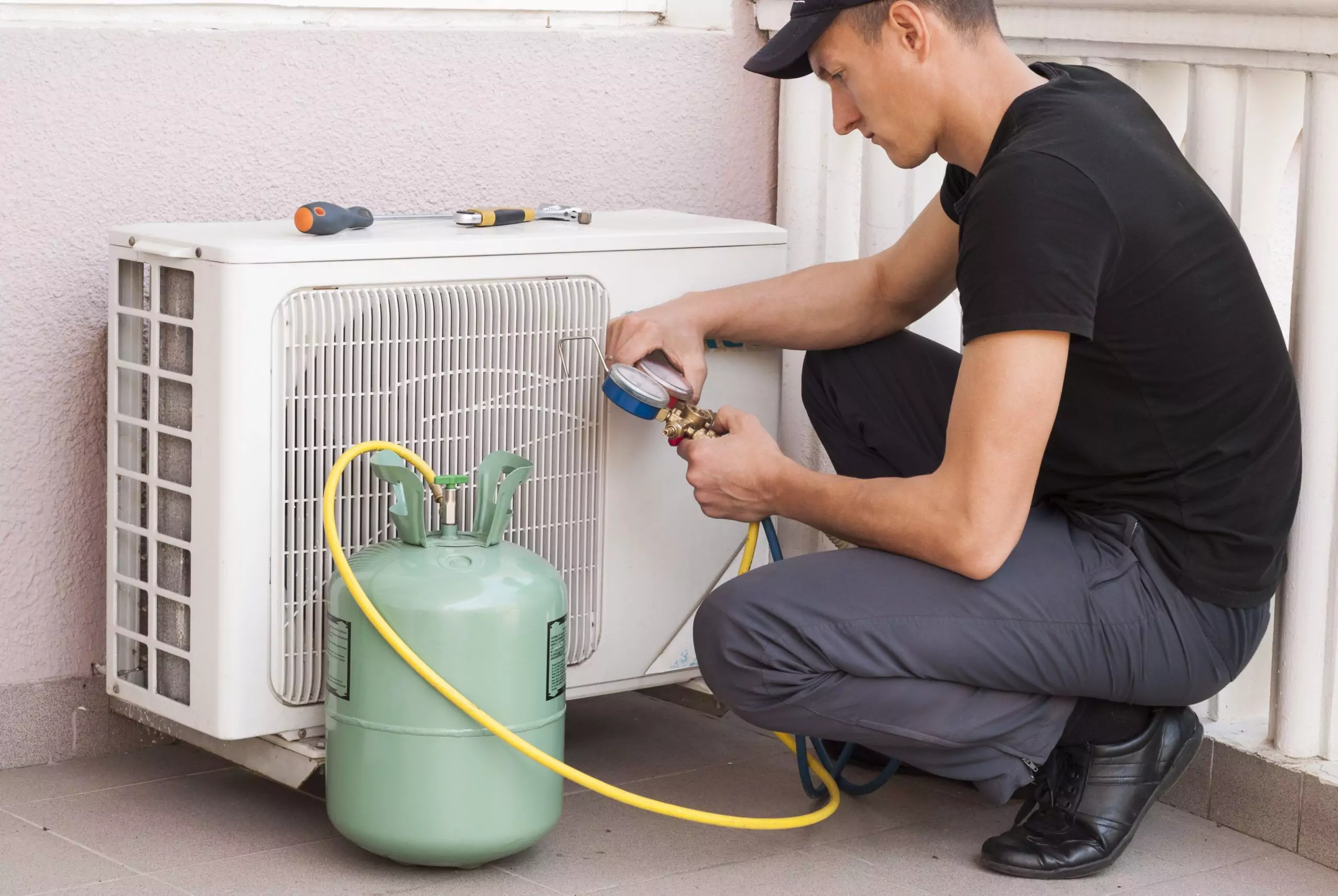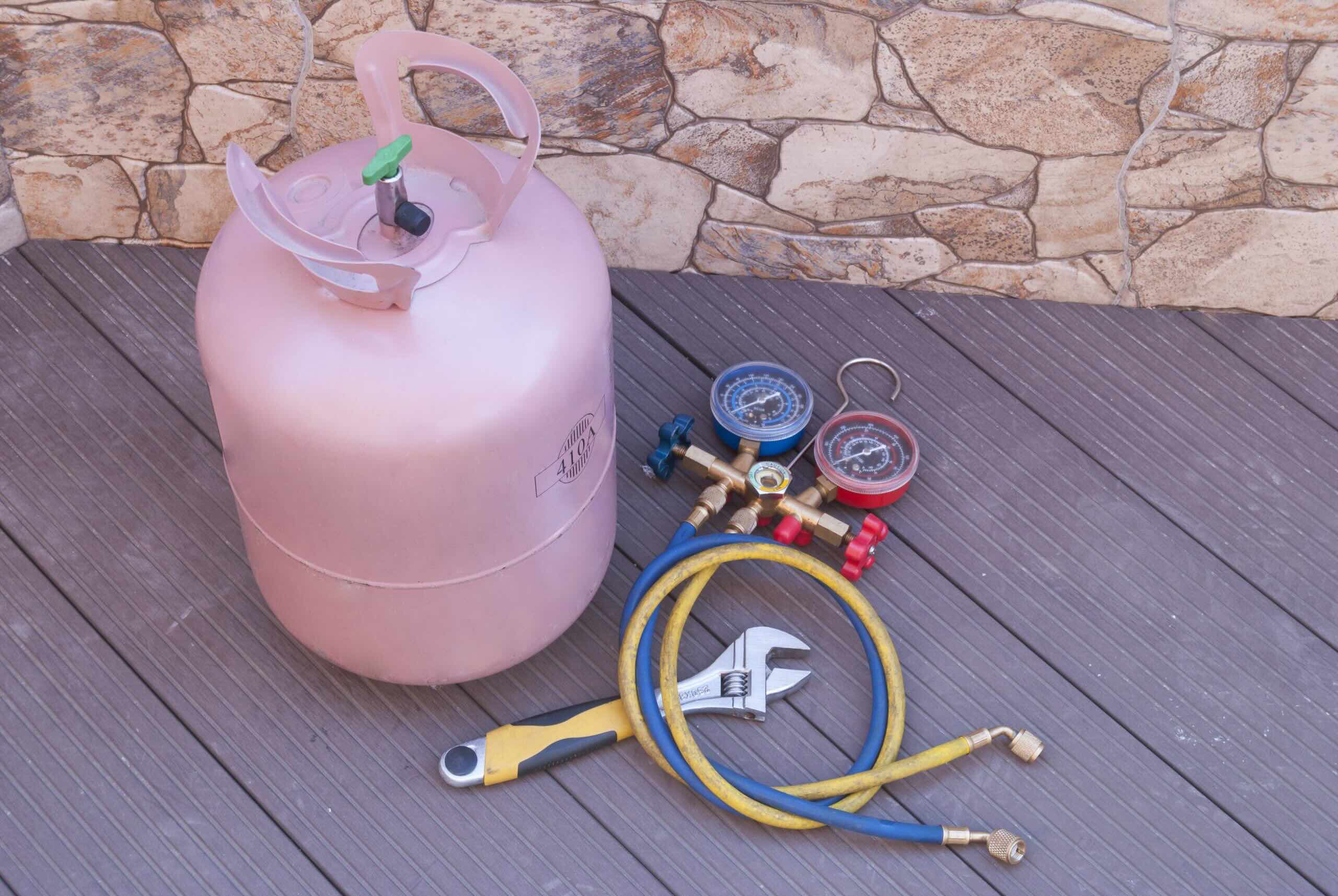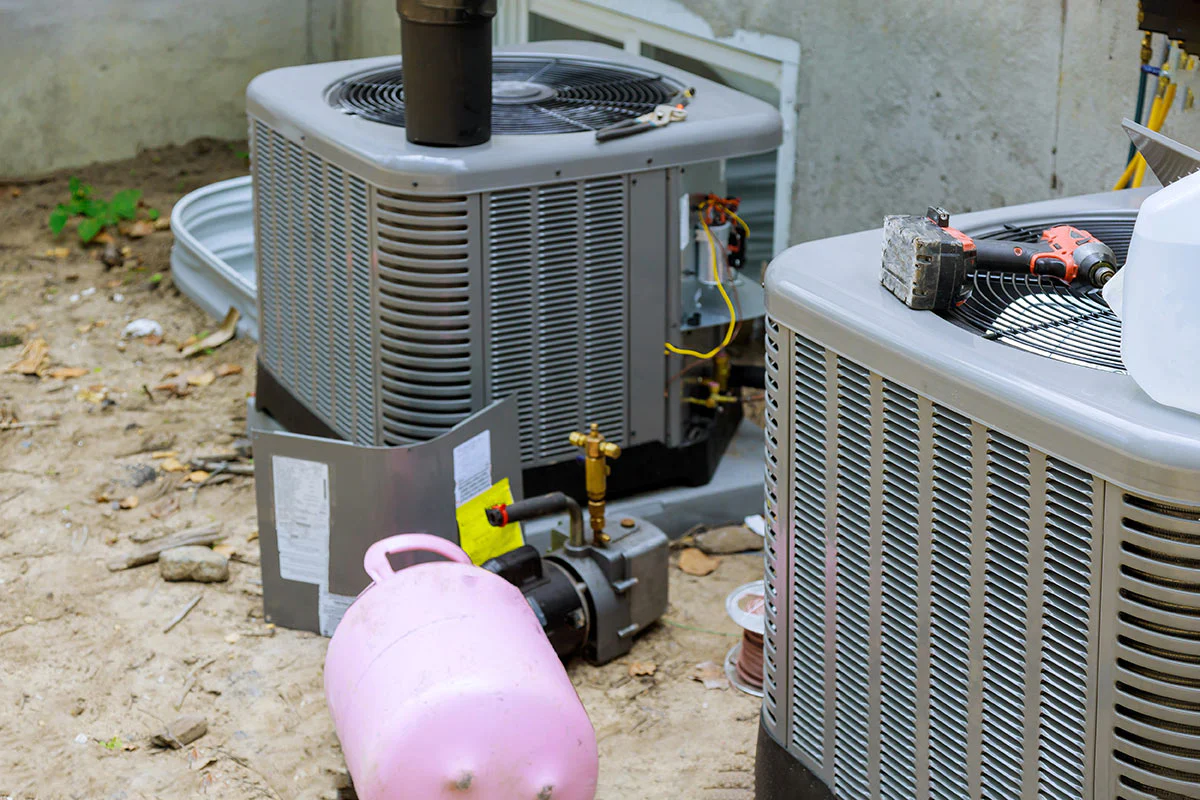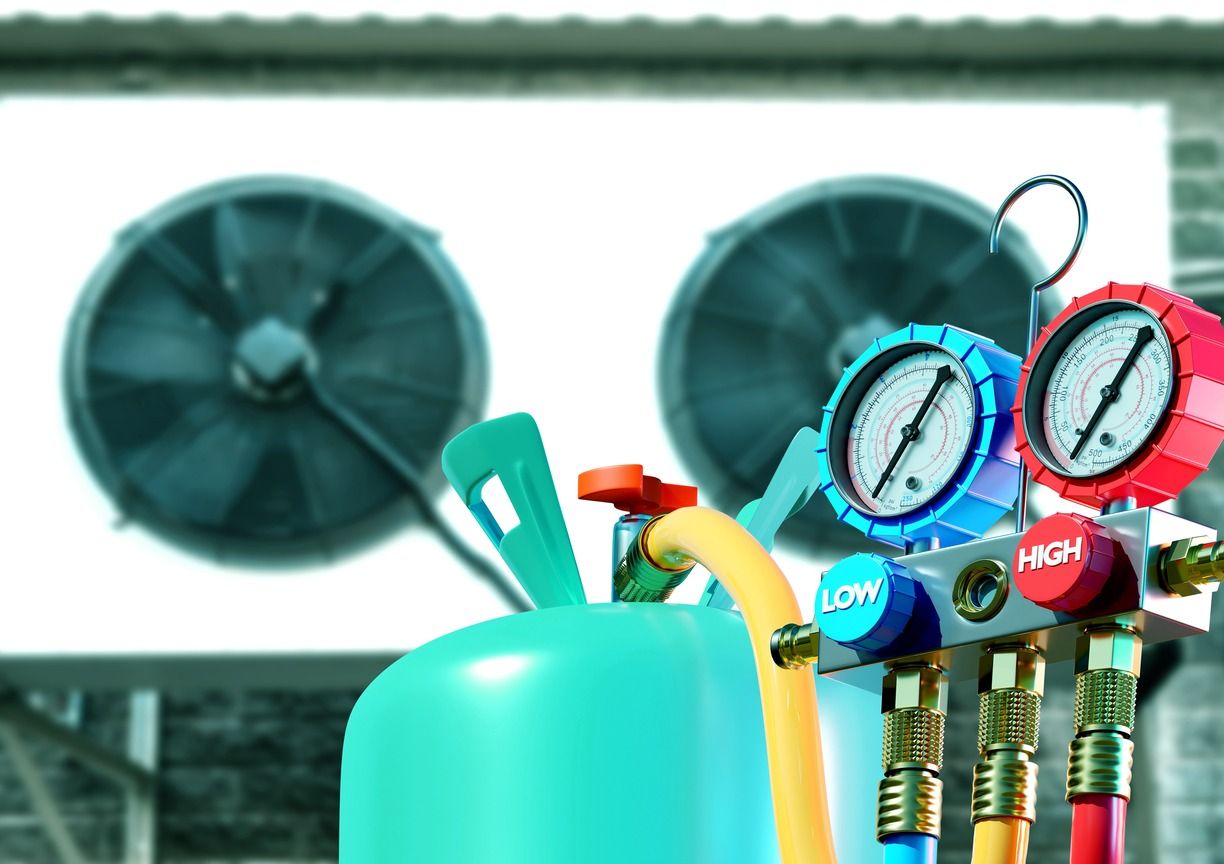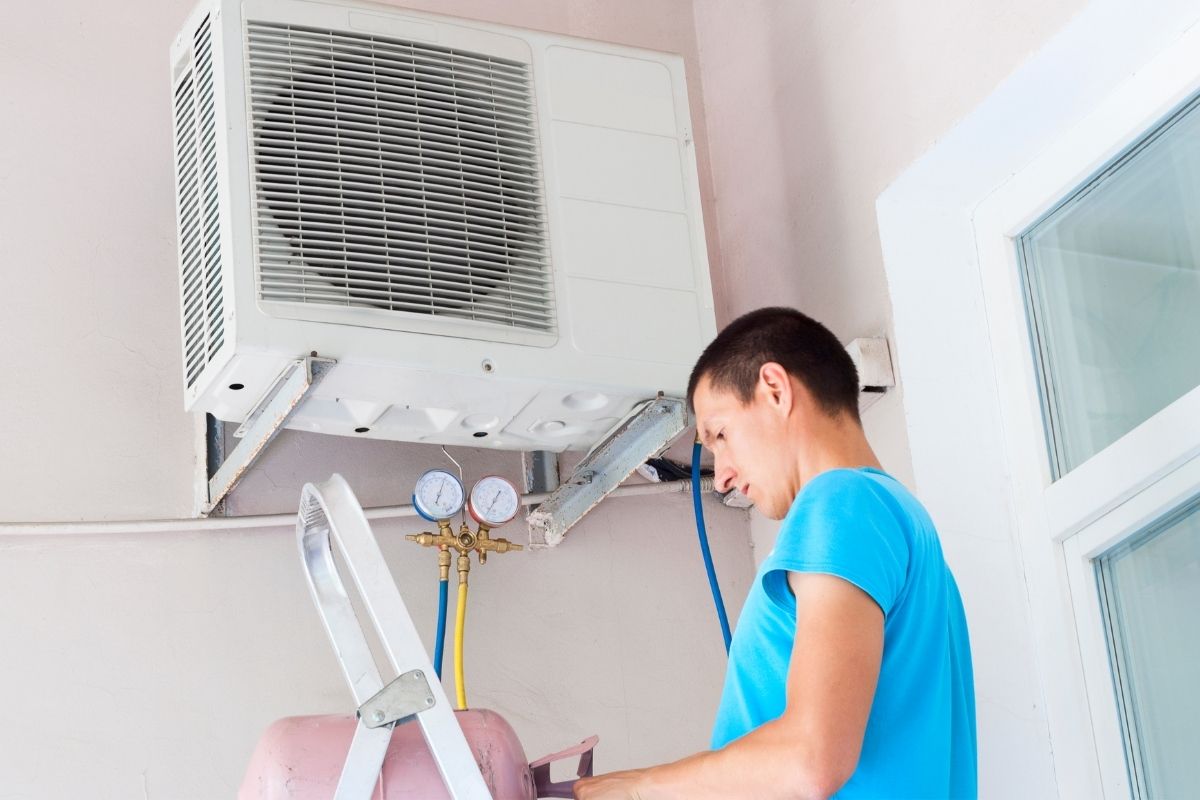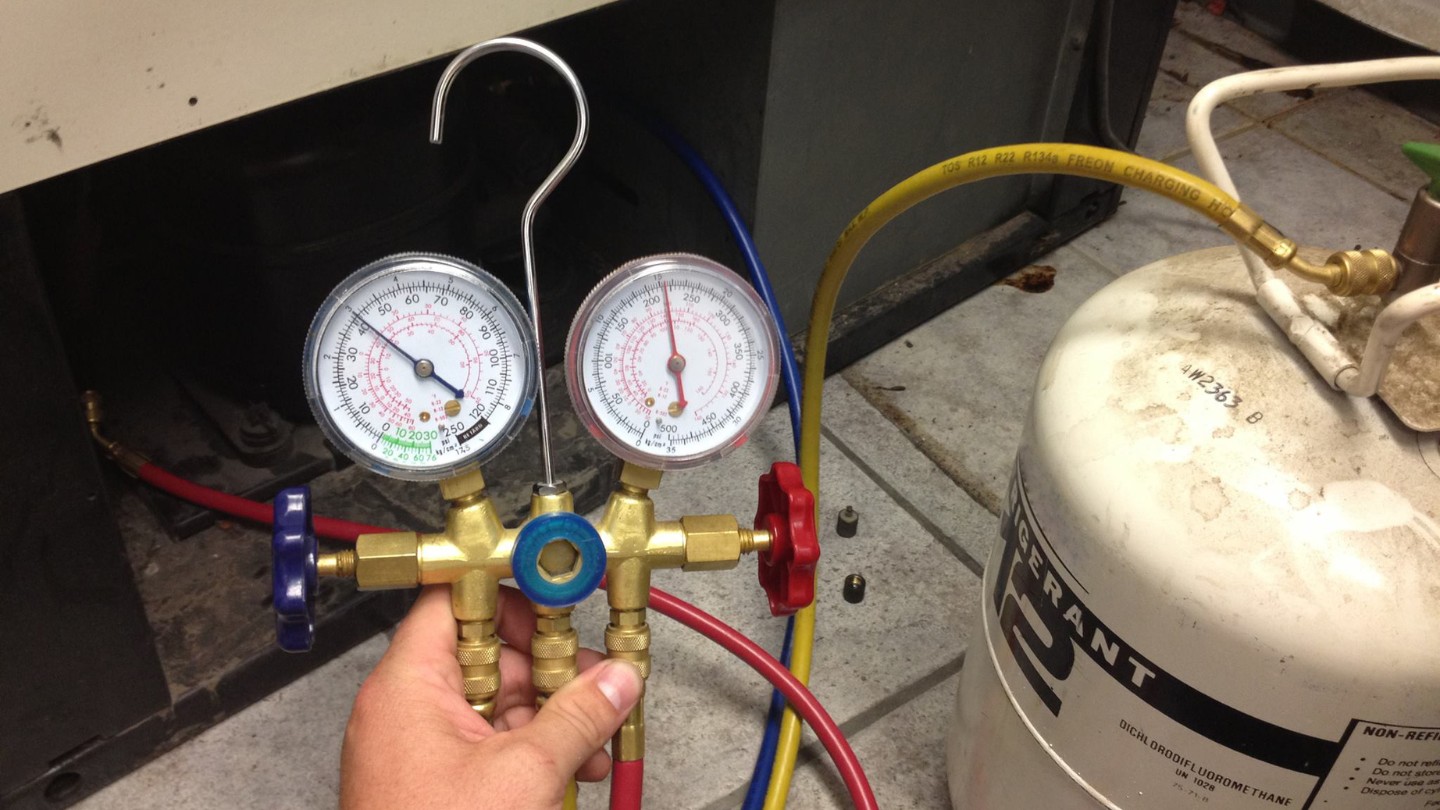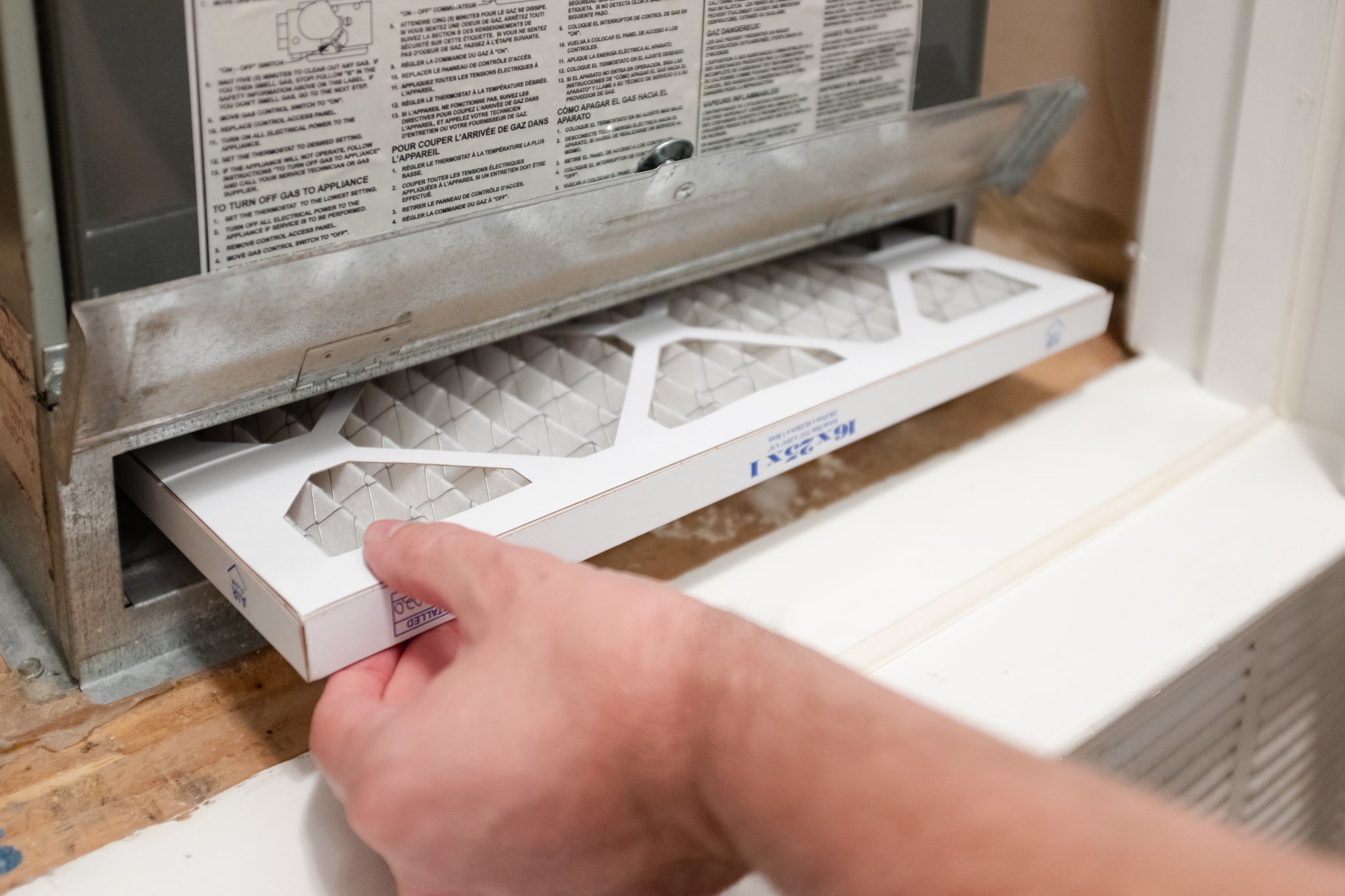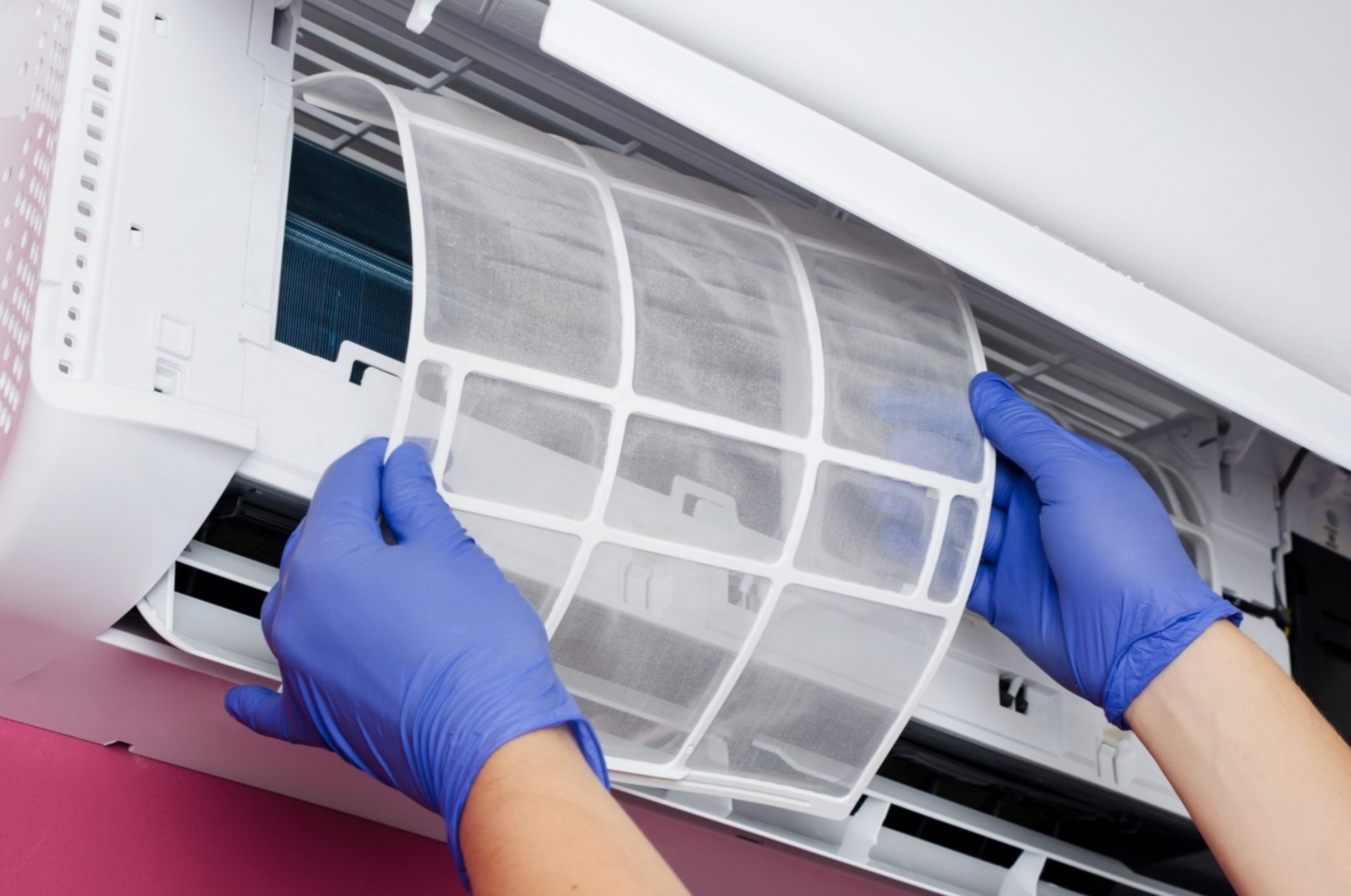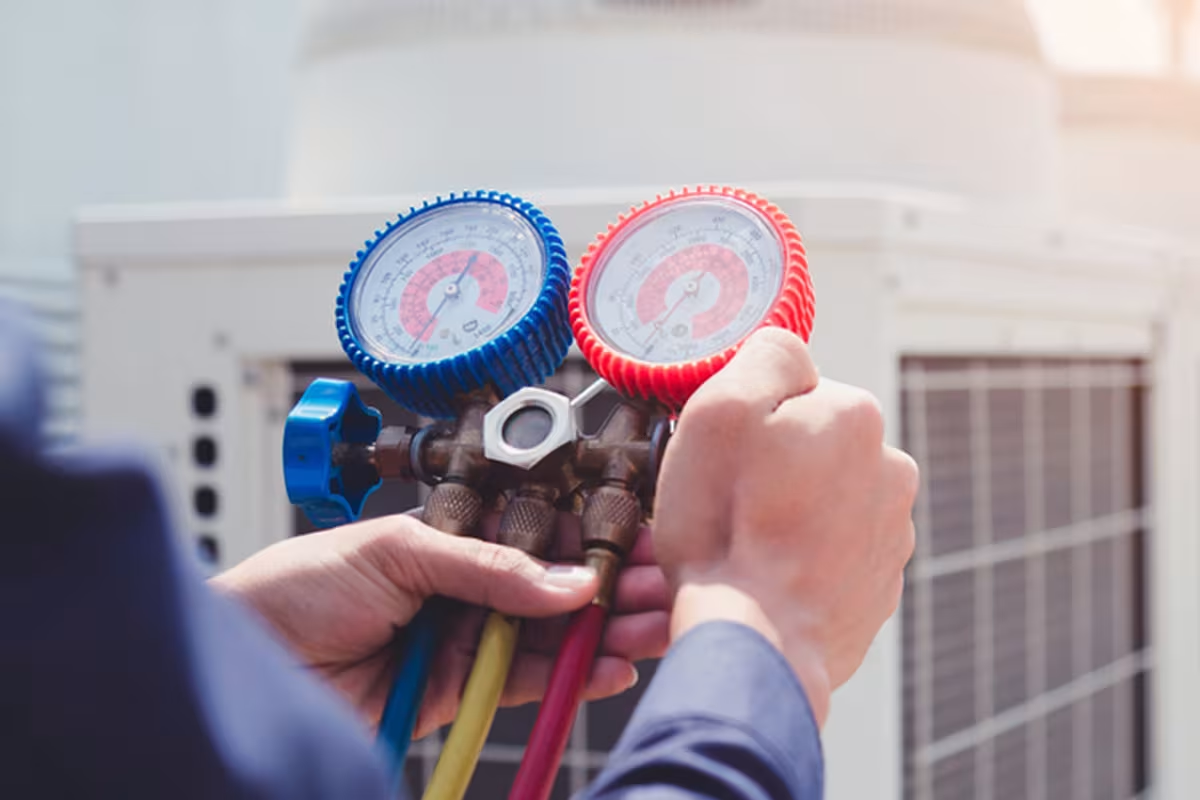Home>Home Maintenance>How Often To Put Freon In Air Conditioner
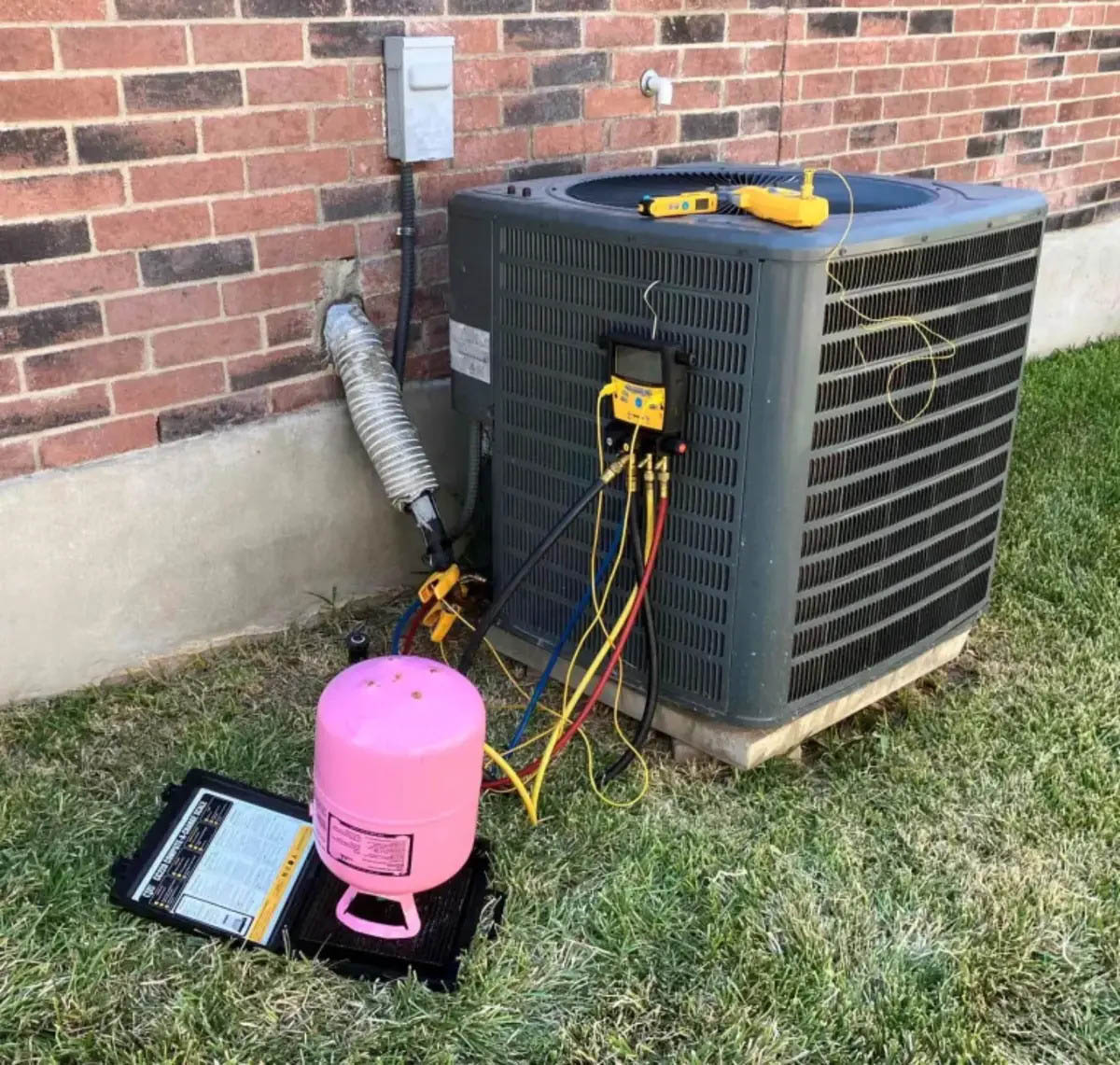

Home Maintenance
How Often To Put Freon In Air Conditioner
Modified: March 6, 2024
Learn how often you should put freon in your air conditioner as part of your home maintenance routine. Ensure optimal performance and comfort in your home.
(Many of the links in this article redirect to a specific reviewed product. Your purchase of these products through affiliate links helps to generate commission for Storables.com, at no extra cost. Learn more)
Introduction
Welcome to our comprehensive guide on how often to put Freon in an air conditioner. As homeowners, it’s essential to understand the role of Freon and its impact on the cooling efficiency of your air conditioning system. Freon, also known as refrigerant, is responsible for absorbing heat from the indoor air and releasing it outside, resulting in a comfortable and cool environment in your home.
In this article, we will delve into the details of Freon in air conditioners, signs of low Freon levels, the frequency of adding Freon, factors affecting Freon levels, the importance of regular maintenance, and whether you should attempt a DIY Freon refill or seek professional service. By the end of this guide, you will have a better understanding of how to maintain optimal Freon levels in your air conditioning unit and ensure its efficient performance.
Key Takeaways:
- Regular maintenance by a professional HVAC technician is crucial to ensure optimal Freon levels in your air conditioner, preventing major breakdowns and improving energy efficiency.
- DIY Freon refills are not recommended due to safety concerns and potential warranty issues. Professional service ensures accurate refilling and addresses underlying issues effectively.
Read more: How To Put Freon In An Air Conditioner
Understanding Freon in Air Conditioners
Before we explore how often to put Freon in an air conditioner, it’s important to have a basic understanding of what Freon actually is and how it functions in your cooling system. Freon, or more technically known as a hydrochlorofluorocarbon (HCFC), is a type of refrigerant that has been widely used in air conditioning systems for many years.
The primary purpose of Freon is to facilitate the heat transfer process in your air conditioner. When the air conditioner is turned on, the refrigerant (Freon) circulates through a closed loop system. It absorbs heat from the indoor air, evaporating from a liquid form into a gas. This heat absorption causes the air to become cooler, providing you with a comfortable indoor environment during hot summer months.
Once the refrigerant absorbs the heat, it travels through the refrigeration cycle to the outside unit of your air conditioner. There, the heat is released into the atmosphere as the refrigerant condenses back into a liquid state. The cooled refrigerant then returns to the indoor unit to repeat the cycle.
It’s important to note that, under normal circumstances, the amount of Freon in your air conditioner should remain constant. The system operates on a closed loop, meaning that the refrigerant circulates continuously, without being consumed or released into the environment. However, there are situations where the Freon levels may become low, impacting the efficiency and performance of your air conditioner.
Now that we have a basic understanding of Freon and its role in air conditioners, let’s explore the signs of low Freon levels in the next section.
Signs of Low Freon Levels
Low Freon levels in your air conditioner can have a significant impact on its performance and cooling efficiency. It’s important to be aware of the signs that indicate your air conditioner may be running low on Freon. Recognizing these signs can help you address the issue promptly and ensure the proper functioning of your cooling system.
Here are some common signs that may indicate low Freon levels:
- Warm air blowing from the vents: If your air conditioner is producing warm air instead of cool air, it could be a sign of low Freon levels. When the refrigerant levels are inadequate, the cooling process is compromised, resulting in insufficient cooling output.
- Inadequate cooling: If you notice that there is a reduced cooling capacity in your home, even when the air conditioner is running continuously, it may be due to low Freon levels. The lack of refrigerant can hinder the heat transfer process, making it difficult for the air conditioner to cool the indoor air effectively.
- Increased energy bills: When your air conditioner is running low on Freon, it has to work harder to achieve the desired cooling, leading to increased energy consumption. If you notice a sudden spike in your energy bills without any other apparent reason, it’s worth considering the possibility of low Freon levels.
- Frozen evaporator coil: A frozen evaporator coil is a common problem that can be caused by low Freon levels. When there’s insufficient refrigerant in the system, the evaporator coil may become excessively cold, causing condensation to freeze on its surface. This can prevent the proper flow of air and result in reduced cooling capacity.
- Strange hissing or bubbling noises: If you hear unusual hissing or bubbling noises coming from your air conditioning unit, it could indicate a refrigerant leak. Low Freon levels can be a consequence of a leak in the system, which needs to be identified and repaired by a professional HVAC technician.
If you experience any of these signs, it’s important to have your air conditioner inspected by a qualified technician. They can diagnose the root cause of the problem, including low Freon levels, and take the necessary steps to resolve it.
In the next section, we will discuss how often you should add Freon to your air conditioner to maintain optimal performance.
How Often Should Freon Be Added?
The frequency at which Freon needs to be added to an air conditioner can vary depending on several factors. It’s important to understand that under normal circumstances, Freon does not require regular refills as the system operates on a closed loop. However, certain situations may warrant the need for adding Freon to your air conditioner.
If you find yourself needing to add Freon to your air conditioner frequently, there is likely an underlying issue that needs to be addressed. Freon should not be considered as a routine maintenance task, but rather as a solution to a specific problem. Here are a few scenarios that may necessitate adding Freon:
- Refrigerant leak: A refrigerant leak is one of the most common reasons why Freon levels become low. Over time, the integrity of the refrigerant lines may deteriorate, leading to leaks. If you suspect a refrigerant leak, it’s crucial to have it diagnosed and repaired by a professional HVAC technician. The leak must be fixed before adding more Freon to the system.
- Improper initial installation: If your air conditioner was not installed correctly and the refrigerant was not charged properly from the start, it may result in insufficient Freon levels. In such cases, a professional HVAC technician should assess the system and determine the appropriate amount of Freon to add.
- System malfunction: Occasionally, technical malfunctions within the air conditioner can cause Freon levels to drop. Faulty components or issues with the pressure levels within the system can result in a decrease in refrigerant levels. In these cases, it’s important to have the system thoroughly inspected and repaired by a professional.
The frequency of adding Freon to your air conditioner can vary widely, but in general, it should not be a frequent occurrence. Freon refills should only be performed as a necessary maintenance task to address a specific problem, such as a leak or malfunction. If you find yourself needing to add Freon frequently, it’s essential to have the underlying issue identified and resolved by a qualified HVAC technician.
Next, let’s explore the factors that can affect Freon levels in air conditioners.
It’s important to have a professional HVAC technician check your air conditioner for leaks and add Freon only when necessary. Overcharging can damage the system.
Factors Affecting Freon Levels
Several factors can contribute to the fluctuation of Freon levels in an air conditioning system. Understanding these factors can help you identify potential issues and take the necessary steps to maintain optimal Freon levels in your unit. Here are some factors that can affect Freon levels:
- Refrigerant leaks: Refrigerant leaks are the most common cause of low Freon levels. Over time, the refrigerant lines can develop small leaks, leading to a gradual loss of Freon. It’s important to have any leaks promptly identified and repaired by a professional HVAC technician to prevent further loss of refrigerant.
- Poor installation: If an air conditioner is not properly installed, it can result in an improper charge of refrigerant from the beginning. This can lead to inadequate Freon levels and ultimately impact the cooling efficiency of the system. A professional HVAC technician should ensure that the unit is installed correctly and the refrigerant is charged properly.
- System age: As air conditioning systems age, the likelihood of developing refrigerant leaks increases. The wear and tear on the components can cause connections to loosen or corrode, resulting in leaks. Regular maintenance and inspections can help identify and address any potential leaks before they lead to significant Freon loss.
- Environmental factors: Extreme weather conditions, such as high heat or extreme cold, can put additional strain on your air conditioning system. This can lead to increased wear on the components, increasing the risk of refrigerant leaks and subsequent Freon loss. Proper insulation and weatherproofing can help minimize the impact of environmental factors on your air conditioner.
- Inadequate maintenance: Lack of regular maintenance can contribute to Freon loss in the long run. Dust, debris, and dirt that accumulate on the coils can hinder the heat transfer process and cause the system to work harder, potentially leading to a decrease in Freon levels. Regular cleaning and maintenance can help keep the system running efficiently and minimize Freon loss.
It’s important to note that while some factors affecting Freon levels may necessitate professional intervention, others can be addressed through regular maintenance and proper care of your air conditioning system. Taking preventative measures and addressing any issues promptly can help maintain optimal Freon levels and extend the lifespan of your unit.
In the next section, we will discuss the importance of regular maintenance to ensure the efficient functioning of your air conditioning system.
Importance of Regular Maintenance
Regular maintenance is essential for ensuring the efficient and reliable performance of your air conditioning system. By taking proactive measures and scheduling regular maintenance, you can prevent potential issues, extend the lifespan of your unit, and maintain optimal Freon levels. Here are some key reasons why regular maintenance is important:
- Prolonging the lifespan of your unit: Regular maintenance helps keep your air conditioner in optimal condition, reducing the risk of breakdowns and extending its lifespan. By addressing small issues before they escalate, you can prevent costly repairs or premature replacement of your air conditioning system.
- Preventing major breakdowns: Routine maintenance allows for the detection and repair of minor problems before they turn into major breakdowns. This proactive approach helps avoid sudden system failures, keeps your home comfortable, and saves you from the inconvenience and expense of emergency repairs.
- Improving energy efficiency: A well-maintained air conditioner operates more efficiently, resulting in lower energy consumption and reduced utility bills. Regular maintenance tasks, such as cleaning or replacing air filters, lubricating moving parts, and inspecting electrical connections, contribute to the optimal functioning of your unit and help maximize energy efficiency.
- Ensuring proper airflow: Regular maintenance includes cleaning and inspecting the components of your air conditioner to ensure proper airflow. Clogged air filters or dirty coils can restrict airflow, making your system work harder and potentially leading to a decrease in Freon levels. Proper airflow is crucial for efficient cooling and maintaining optimal Freon levels.
- Identifying refrigerant leaks: During routine maintenance, HVAC technicians can check for any signs of refrigerant leaks, which can lead to low Freon levels. Detecting and repairing leaks promptly helps prevent further loss of refrigerant and ensures that your air conditioner operates at peak performance.
Regular maintenance should be performed by a professional HVAC technician who has the knowledge and expertise to inspect and tune up your air conditioning system. It’s recommended to schedule maintenance at least once a year, ideally before the start of the cooling season, to ensure that your unit is in optimal condition and ready to handle the demands of warm weather.
Remember, investing in regular maintenance not only enhances the performance and longevity of your air conditioner but also helps you save on energy costs and avoid unexpected breakdowns. Plus, it plays a crucial role in maintaining optimal Freon levels and ensures that your unit provides efficient and reliable cooling for years to come.
In the next section, we will discuss whether a DIY Freon refill is recommended or if it’s best to seek professional service.
DIY Freon Refill vs. Professional Service
When it comes to adding Freon to your air conditioner, you may be wondering whether you should attempt a DIY refill or seek professional service. While it’s understandable to consider a DIY approach as a cost-saving measure, there are several factors to consider before making a decision.
Here are some important points to consider when comparing a DIY Freon refill to professional service:
1. Safety: Handling refrigerant can be dangerous if proper precautions are not taken. Freon is classified as a hazardous substance, and mishandling it can lead to health risks and environmental damage. Professional HVAC technicians are trained to handle refrigerants safely and have the necessary equipment to ensure proper handling and disposal. It’s crucial to prioritize safety when dealing with refrigerants, which is why professional service is recommended.
2. Expertise: HVAC technicians have the knowledge and expertise to diagnose and address underlying issues that may be causing low Freon levels in your air conditioner. They can identify potential leaks, repair any malfunctions, and properly charge the system with the correct amount of Freon. DIY attempts may not fully address the root cause of the problem, leading to recurring issues and potential damage to your unit.
3. Equipment and Tools: Properly recharging an air conditioning system with Freon requires specialized tools and equipment that may not be readily available to homeowners. HVAC technicians have the necessary gauges, pumps, and charging equipment to ensure accurate and efficient refrigerant replenishment. Without the proper tools, attempting a DIY Freon refill can lead to inaccurate charging, overfilling, or underfilling the system, compromising its performance and potentially causing damage.
4. Warranty Considerations: DIY attempts to refill Freon may void the warranty of your air conditioning system. Manufacturers often require professional service and proper documentation for warranty claims. If you attempt a DIY refill and encounter any issues, you may not be eligible for warranty coverage, resulting in potential repair or replacement costs.
5. Long-term Cost: While a DIY refill may seem cost-effective initially, it’s important to consider the long-term cost implications. If the underlying issue causing low Freon levels is not effectively addressed, it can lead to recurring problems and additional expenses. Seeking professional service ensures a thorough diagnosis of the problem and proper maintenance, potentially saving you from costly repairs or premature replacement in the future.
Based on these considerations, it is generally recommended to seek professional service when it comes to adding Freon to your air conditioner. HVAC technicians have the expertise, experience, and specialized equipment to accurately diagnose and address the root cause of low Freon levels, ensuring the proper functioning and longevity of your unit.
Remember, maintaining a comfortable and efficient cooling system is crucial for your home’s comfort. By allowing professionals to handle Freon refills and maintenance, you can have peace of mind knowing that the job is done safely, accurately, and in compliance with industry standards.
Next, let’s conclude our comprehensive guide on how often to put Freon in an air conditioner.
Conclusion
Ensuring optimal Freon levels in your air conditioner is crucial for maintaining its efficient and reliable performance. By understanding the role of Freon, recognizing the signs of low Freon levels, and addressing the frequency of Freon refills, you can take the necessary steps to keep your cooling system in top shape.
Low Freon levels can be caused by factors such as refrigerant leaks, improper installation, system malfunctions, and environmental conditions. It’s important to address these issues promptly to prevent further loss of Freon and potential damage to your air conditioner.
Regular maintenance plays a key role in maintaining optimal Freon levels. Scheduling annual maintenance with a professional HVAC technician ensures that your unit receives proper care and inspections. This helps prevent major breakdowns, improves energy efficiency, promotes proper airflow, and allows for the early detection of refrigerant leaks.
While a DIY Freon refill may seem like a cost-saving solution, it is generally recommended to seek professional service. HVAC technicians have the expertise, equipment, and safety protocols to handle refrigerants properly and address any underlying issues. This ensures accurate refilling, prevents potential damage, and helps maintain the warranty of your air conditioning system.
In conclusion, by understanding the importance of Freon levels, recognizing the signs of low levels, scheduling regular maintenance, and relying on professional service, you can keep your air conditioner running efficiently and cool your home effectively during those hot summer months.
We hope this comprehensive guide has provided you with valuable insights on how often to put Freon in an air conditioner and has empowered you to make informed decisions regarding the maintenance of your cooling system.
Stay cool and comfortable!
Frequently Asked Questions about How Often To Put Freon In Air Conditioner
Was this page helpful?
At Storables.com, we guarantee accurate and reliable information. Our content, validated by Expert Board Contributors, is crafted following stringent Editorial Policies. We're committed to providing you with well-researched, expert-backed insights for all your informational needs.
